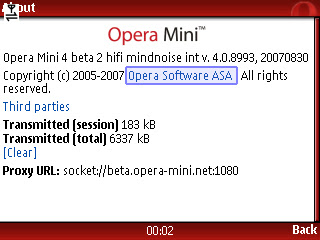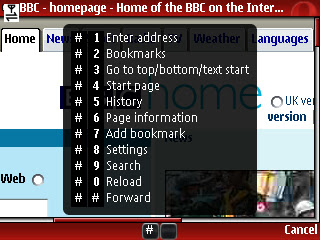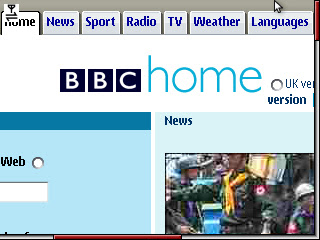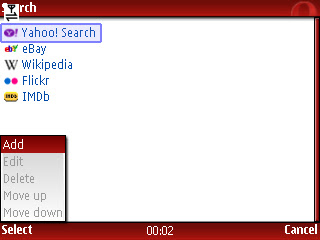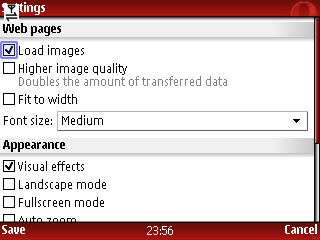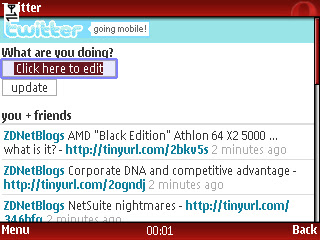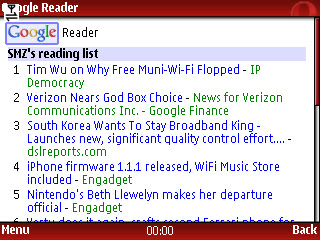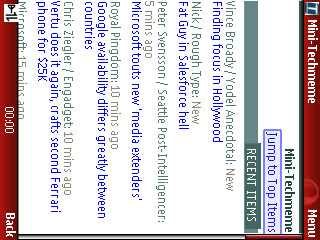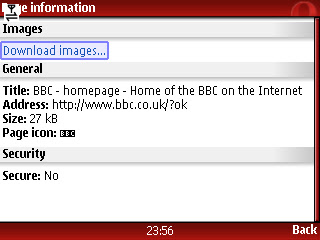You should thank Webkit, the open source web browser engine*, for the wonderful browsing experience.
This what the Webkit home page has to say:
WebKit is an open source web browser engine. WebKit is also the name of the Mac OS X system framework version of the engine that's used by Safari, Dashboard, Mail, and many other OS X applications. WebKit's HTML and JavaScript code began as a branch of the KHTML and KJS libraries from KDE. This website is also the home of S60's S60 WebKit development.Apart from Apple (as the Safari web browser in their Mac OS X, iPhone and iPod Touch) and Nokia (in their N and E series of phones), Google has also included Webkit as the default web browsing engine in its recently released Android platform for mobile devices.
In his post, Bob Cringely reasons as to why Webkit is such a strategic project for Apple and why it would also be the driver for the rumoured iTablet (you find my previous post questioning as to whether Apple's PDA would click or not ?).
You may also find it interesting to read this post by Om Malik about Webkit's rise to popularity. Gives you a quick round up of where webkit stands compared to its competition.
Webkit is still evolving (but fast) and has a long way to go before winning hearts of hardcore Opera Mini fans like myself :). Read this post in Wap Review to know why Opera Mini 4.0 is better than Webkit on a Nokia (and I completely agree with that).
-------------
Web Browser Engine - This is the piece of software which downloads the html web page from the address specified by you, processes it and renders it back on the screen of the display device. The screen could be anything from your PC Monitor to an iPhone's touch screen.
[Article imported from http://mohasinz.blogspot.com/2007/12/what-makes-you-browsing-experience-in.html]







